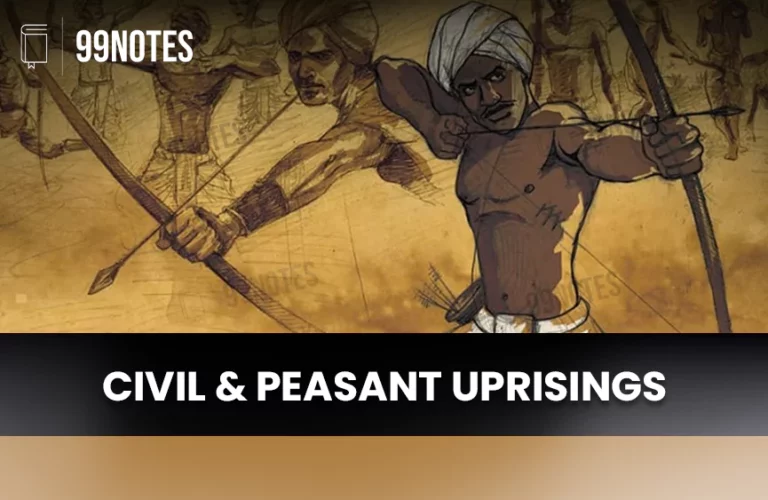Introduction to Economics UPSC Notes
Economics is the social science that focuses on the production, distribution and consumption of goods and services. What is an Economic activity? All activities involving money are called economic activities. It is any activity that contributes to that economy. Economic activity occurs when resources such as capital, labour, manufacturing techniques or intermediary products are combined…


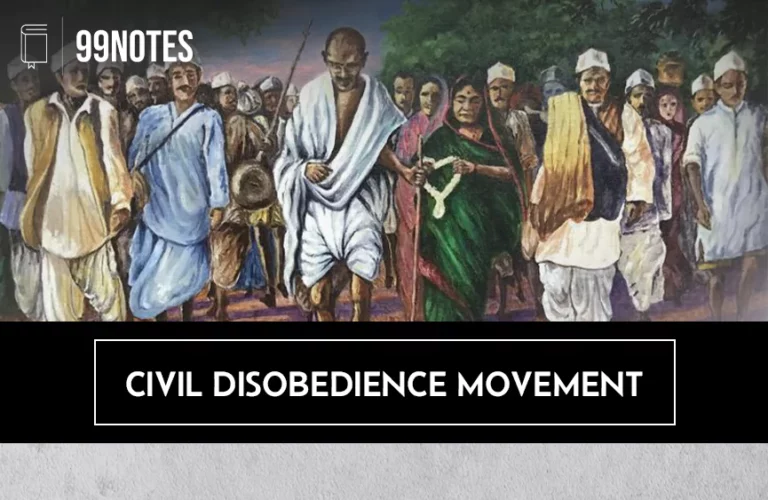
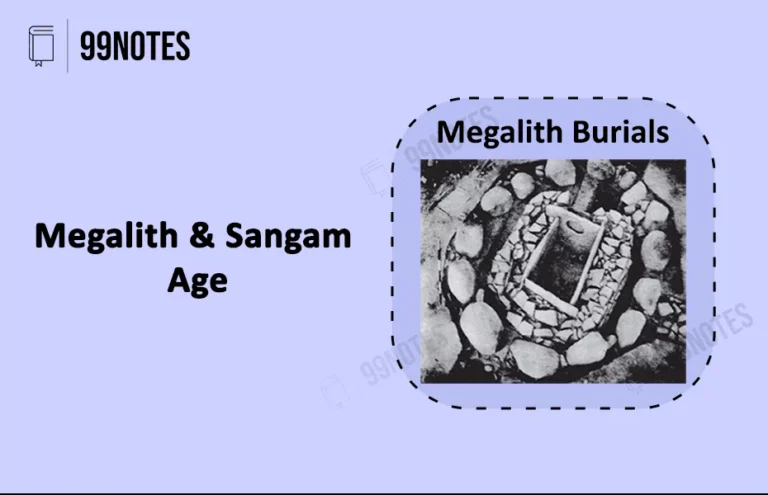
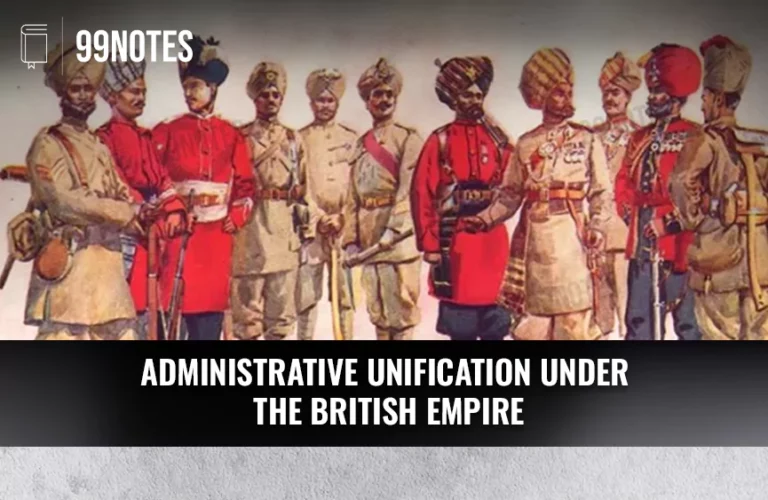
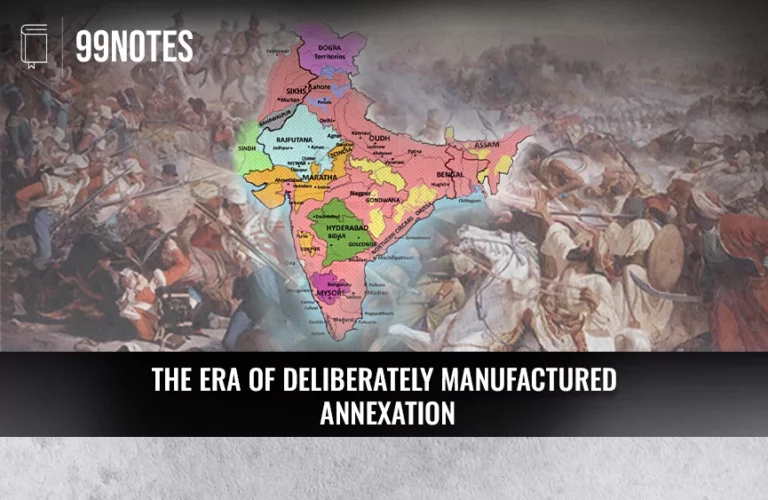
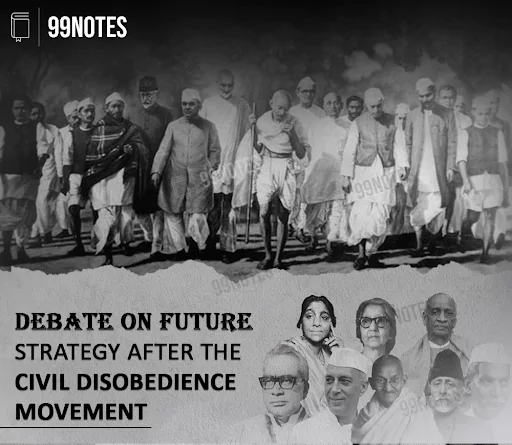
![Early Political Activities: 1858-1905 [Complete Notes For Upsc] | Updated March 3, 2026 Early Political Activities: 1858-1905 [Complete Notes For Upsc]](https://99notes.in/wp-content/uploads/2024/02/early-politics-featured-66698a6014484-768x500.webp)
